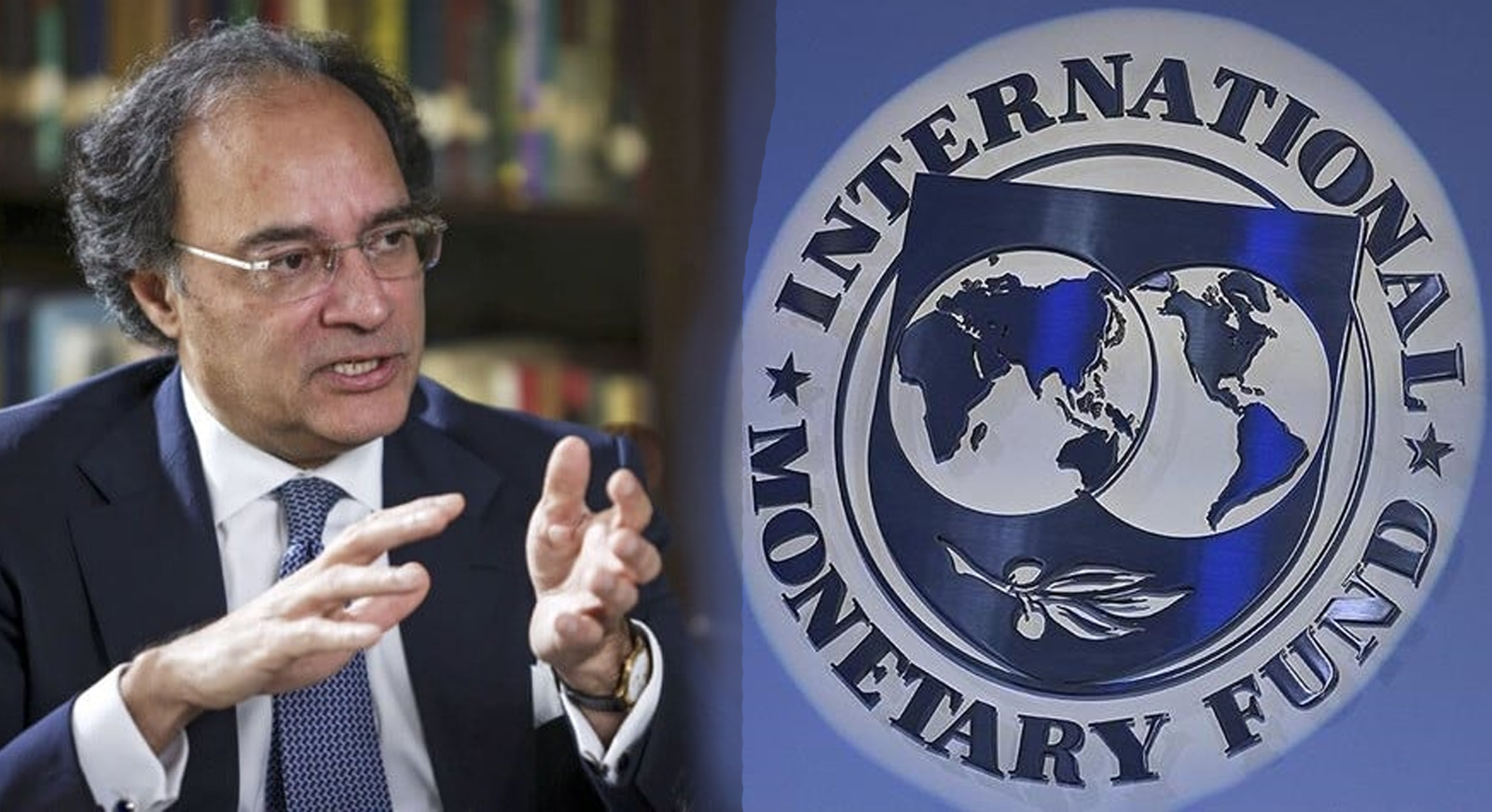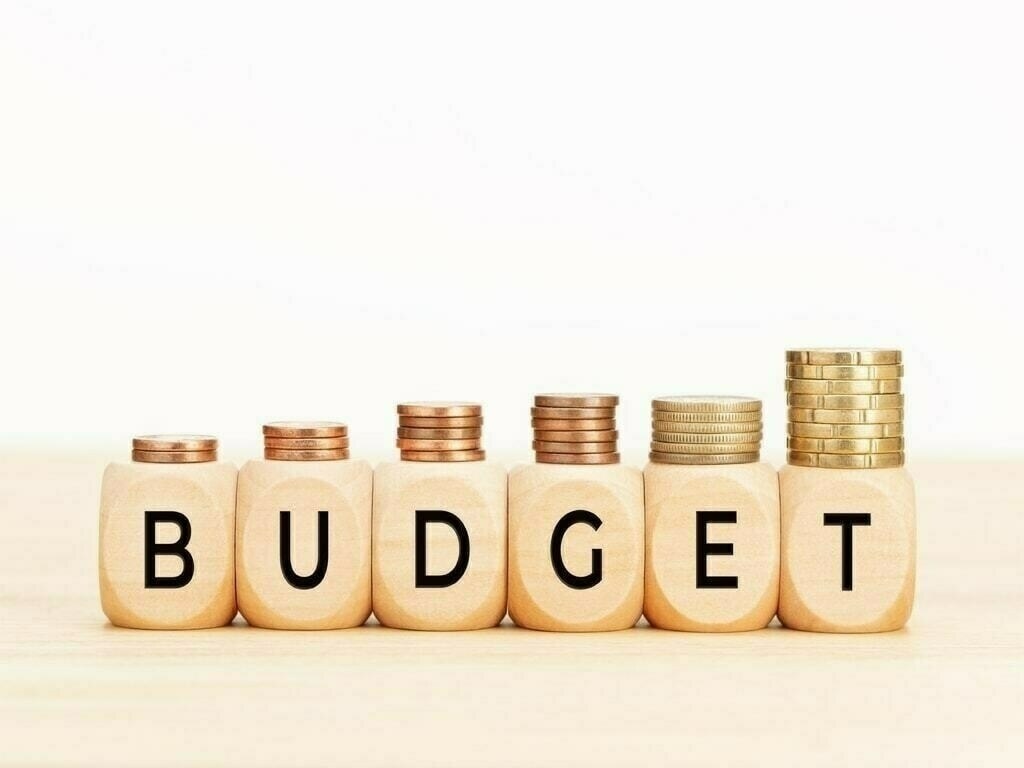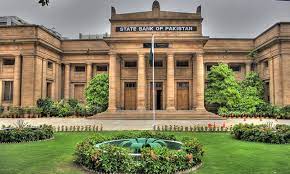Pakistan will continue to seek financial assistance packages from the International Monetary Fund (IMF) unless it significantly boosts its tax revenues, according to Finance Minister Muhammad Aurangzeb. His comments come just days after Pakistan’s president signed the federal budget for the current fiscal year, which has been met with criticism from the opposition, trade bodies, and even the government’s allies for its ambitious tax targets.
The new budget aims to raise Rs13 trillion ($46.6bn) by July 2025, representing a roughly 40 percent increase from the current financial year. This tax-heavy budget has been crafted to meet the demands of the IMF, which has repeatedly called for Islamabad to implement tax reforms to ensure sustainable economic growth. Critics argue that these tax targets are overly ambitious and could strain an already fragile economy.
Speaking to the Financial Times, Aurangzeb expressed confidence in reaching a staff-level agreement with the IMF this month for a loan his government estimates to be between $6 and $8 billion. However, he warned that without a significant increase in tax revenues, this would not be Pakistan’s last IMF program. “But it will not be our last fund program if we don’t bring our tax revenues up,” he said.
Pakistan hopes the IMF bailout package will help stabilize its economy, which is currently one of the worst-performing in Asia. The nation has been plagued by double-digit inflation, slow growth, and low foreign reserves. Despite these challenges, Pakistan’s economic indicators have shown signs of improvement in recent months. Inflation dropped to 12.6 percent in June from a record-breaking 38 percent in May 2023, and the stock market has registered significant growth. Additionally, the central bank’s foreign reserves have risen to over $9 billion.
“The direction of travel is positive, and investors are showing confidence in the stock market,” Aurangzeb noted. However, he acknowledged that the Federal Board of Revenue (FBR), Pakistan’s tax collection authority, is viewed negatively by the public. “People don’t want to deal with the tax authority because of corruption, because of harassment, because of people asking for speed money, facilitation money,” he said. “That’s not sustainable.”
Aurangzeb lamented Pakistan’s reliance on imports, stating that the country often has to borrow money to pay off existing or accumulating debt. “We need to create the capacity to repay loans,” he emphasized. “As long as this economy stays import-based, what happens is the moment it heats up? We run out of dollars (and) we have to go back to the lender of last resort on our knees.”
Since April, Prime Minister Shahbaz Sharif has visited Saudi Arabia, the UAE, and China to attract foreign investment in Pakistan’s key sectors. His government has consistently assured Pakistan’s allies that it seeks not loans but “mutually beneficial” partnerships. Aurangzeb highlighted the importance of providing attractive investment opportunities, stating, “It’s about time we get real,” and noting that Gulf investors demand equity and board seats. “The ball is in our court to provide bankable and investable projects.”




